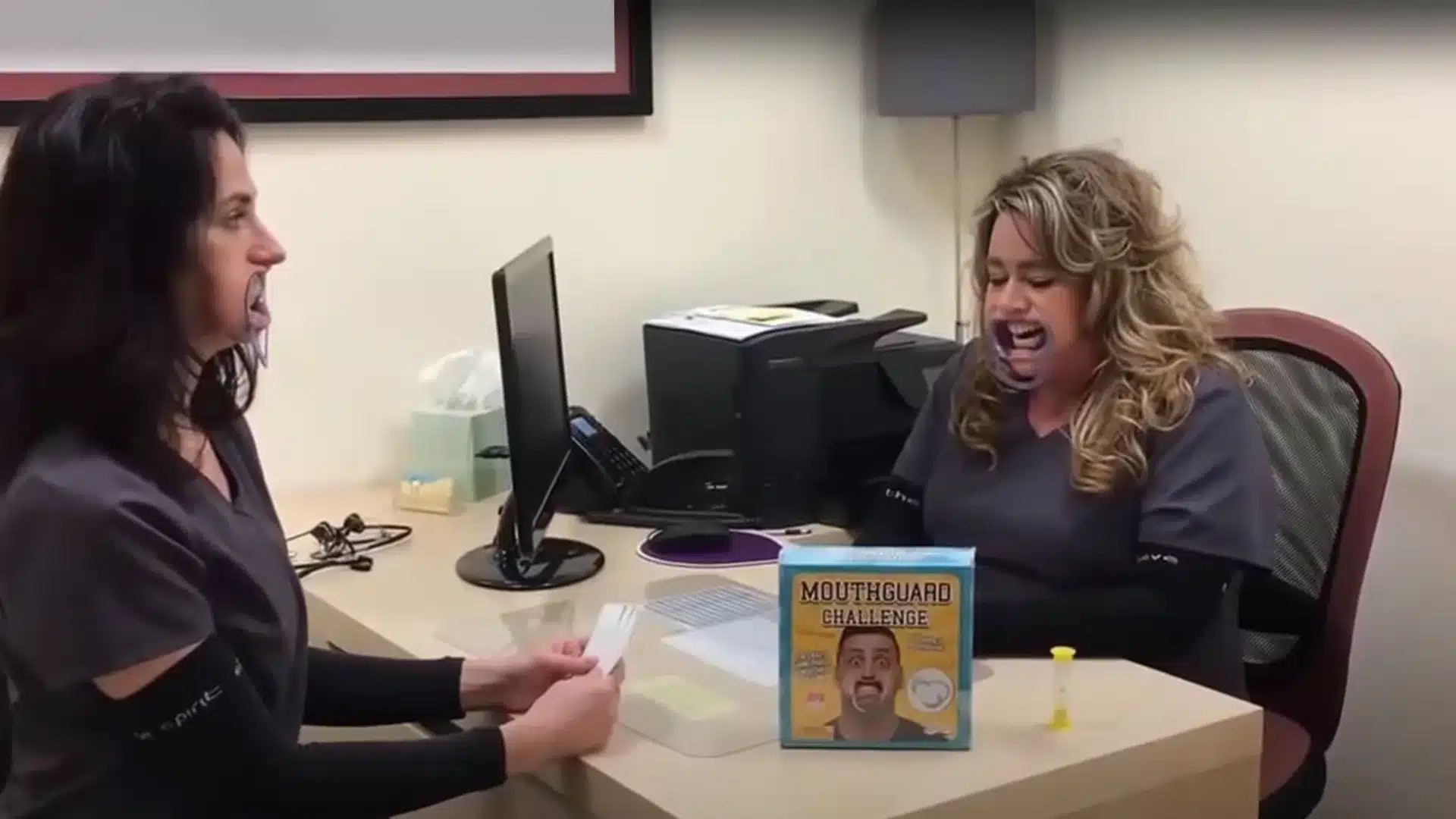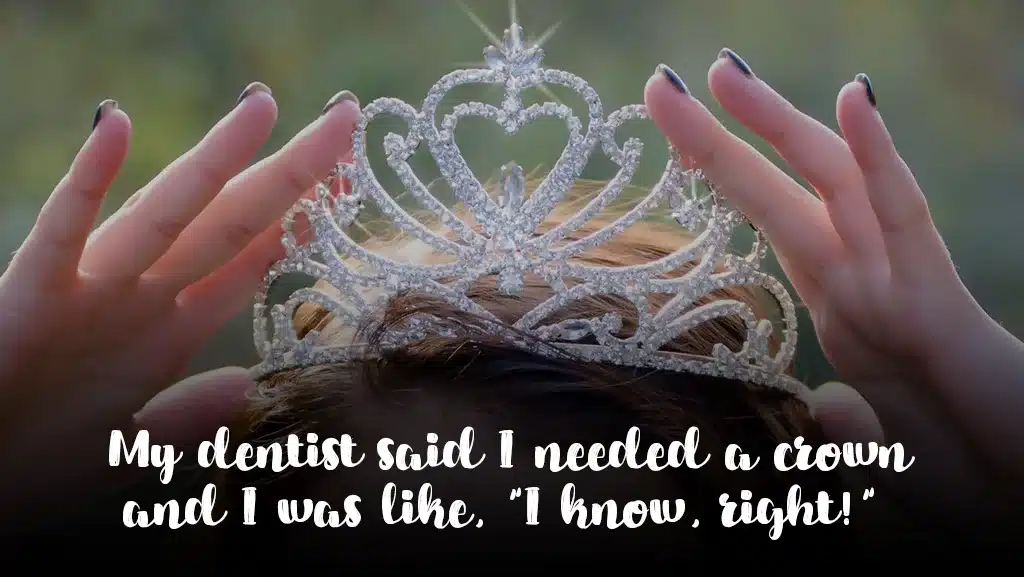Garlic definitely adds flavor to your dishes, but its lingering odor can be a real conversation killer! Luckily, there are simple and effective ways to combat garlic breath. Here are some tried-and-true tips:
1. Milk Magic
Drinking milk while eating your favorite garlic food can work wonders for neutralizing garlic breath. The fat and water content in the milk has been found to soak up all the allyl methyl sulfide (AMS) gas that dissolves in the blood stream and eventually causes the dreaded garlic breath.
2. Hydration Helps
Drinking water while eating (or after eating) garlic goes a long way in reducing bad breath caused by garlic. Water dilutes the blood and, as such, this reduces the concentration or potency of the AMS gas which, in turn, eliminates garlic breath.
3. Power of Phenolic Acid
Foods high in phenolic acid are well known garlic odor reducers. These foods include: basil, apples, spinach and parsley. Parsley has been used since ancient times as a breath odor reducer and it has been found that the polyphenols it contains are responsible for reducing odors. Other foods rich in polyphenols such as the previously mentioned are also good breath odor reducers. The polyphenols act like antioxidants and oxidize or break down the sulfur compounds in the garlic, this inhibits the release of the AMS gas and eliminates garlic breath.
4. Citrus Squeeze
Squeezing a freshly cut lemon or lime wedge into your mouth after eating garlic goes a long way in reducing garlic breath.
5. Carry Freshness
If you frequently enjoy garlic-rich meals on the go, consider carrying a travel-sized toothbrush and toothpaste to brush your teeth after eating. Or at least carry mints or gum with you. Mints or gum, especially minty flavors, can provide quick relief from garlic breath.
6. Prioritize Oral Hygiene
Good oral hygiene trumps all the other garlic breath reducing methods. Brushing your teeth twice daily and flossing at least once a day significantly reduces garlic odor. Pairing these habits with the other garlic breath-fighting methods above helps ensure optimal freshness.
Banishing garlic breath doesn’t have to be a challenge. So next time you reach for that garlicky dish, remember these tricks to ensure your breath stays as fresh as ever.





